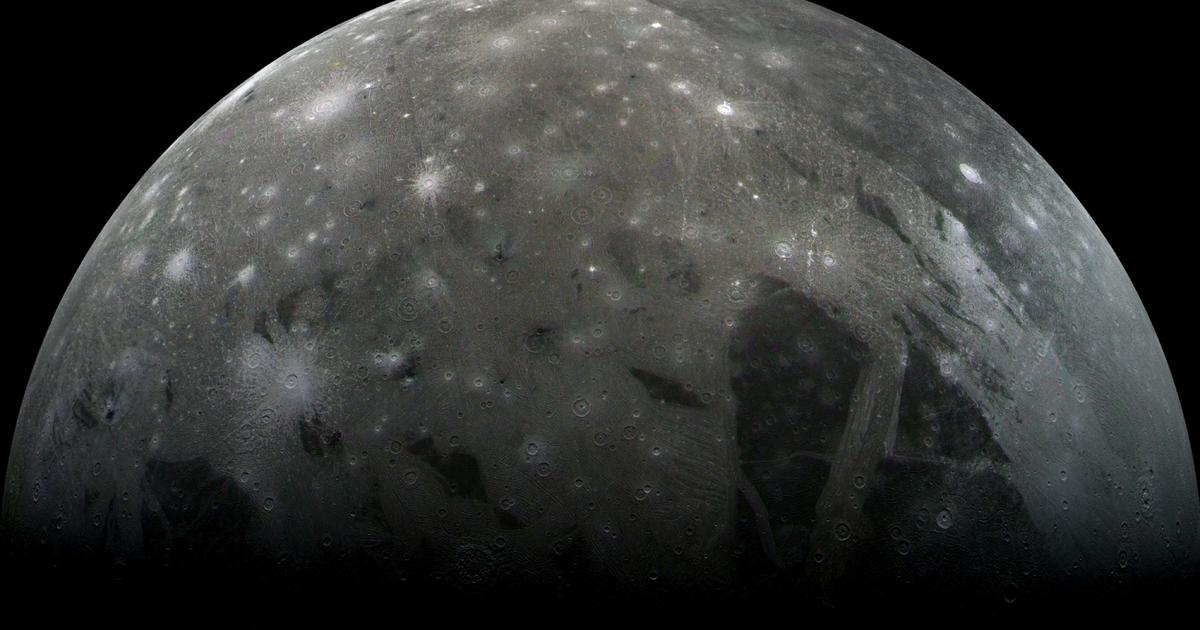MoreBack to News Headlines

NASA detects water vapor on Jupiter's Ganymede — the largest moon in the solar system
CBSN
NASA has detected water vapor for the very first time in the atmosphere of Ganymede — not only Jupiter's largest moon, but the largest moon in our entire solar system.
Researchers made the discovery using both new and archival data from NASA's Hubble Space Telescope, which is back in action after a computer anomaly suddenly shut down the 32-year-old system for a month. They published their findings this week in the journal Nature Astronomy. According to NASA, the water vapor on Ganymede forms when ice from the moon's surface transitions from solid to gas, skipping the liquid state, also known as sublimation.More Related News

 Run 3 Space | Play Space Running Game
Run 3 Space | Play Space Running Game Traffic Jam 3D | Online Racing Game
Traffic Jam 3D | Online Racing Game Duck Hunt | Play Old Classic Game
Duck Hunt | Play Old Classic Game